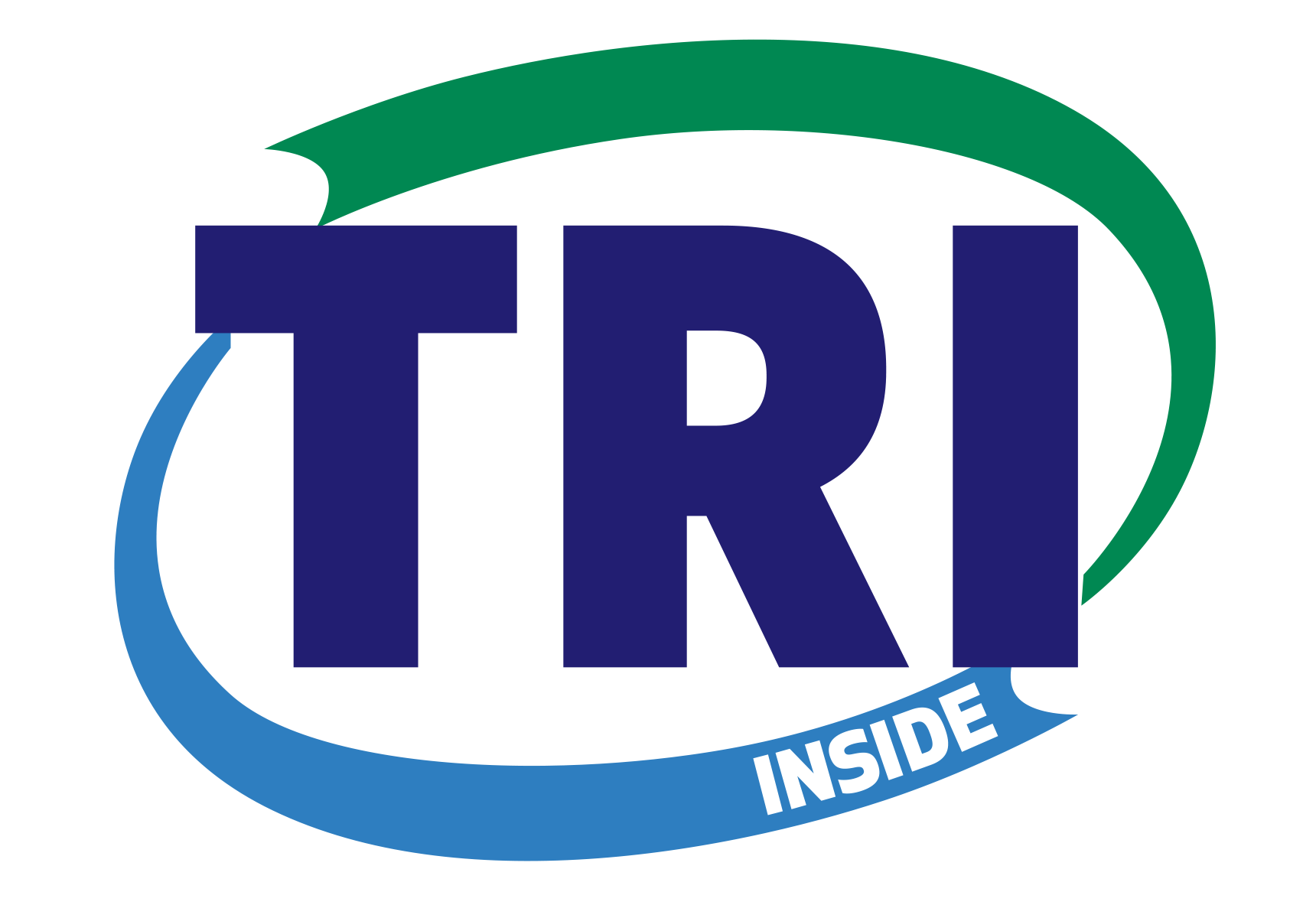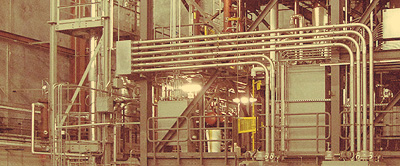TRI’s commitment to best in class technologies is demonstrated by the substantial investment it has made in its Advanced Development Center and the partnerships it has developed.
TRI’s proprietary technology development and commercialization is built on a strong, multifaceted R&D foundation comprising process innovation, improvement, intensification, integration, and controls; and advanced subsystem analyses and design. Housed in the TRI advanced development center, the building blocks include bench scale testing, process development testing, thermogravimetric analyses, cold flow fluidization dynamics testing, pilot plant and process demonstration testing, computational particle-fluid dynamic simulations, ASPEN PLUS simulations and finite element analyses. The technology has evolved and matured to commercial scale via a coordinated program of sequential and parallel development steps, and by leveraging a network of private and public partners.
A key contributor to this growth is TRI’s advanced development center and fully integrated biorefinery process demonstration unit which is nominally rated at four dry tons per day of biomass or 1 MW thermal throughput. It includes all the steps or subsystems involved in converting carbonaceous material to a liquid fuel, i.e. feedstock handling and feeding, steam reforming, char gasification, syngas cleanup, syngas compression, syngas polishing and catalytic synthesis to liquid fuel. Fluid dynamic and gasification process scaling parameters where employed to design this process demonstration unit so that the test results are directly and immediately applicable to the design of the next-generation commercial scale systems. Multiple biomass feedstock characterization test campaigns in this unit have been completed and others are scheduled for 2016 and beyond.
TRI’s Broad Feedstock Database
Being able to process a variety of feedstock and feedstock blends enhances the sustainability of the enterprise for two reasons:
- It enables the biorefinery to purchase the lowest delivered-cost-to-the-gate biomass so that changes in feedstock markets can work to its advantage. For example, a biorefinery may be originally based on woody biomass but when purpose grown crops become available and are at a better price, even if seasonal, the biorefinery can take advantage of the feedstock cost savings. Even hurricane damage and debris which poses a social disposal problem becomes a low or even negative cost opportunity for TRI’s biorefinery.
- Recovery of energy from waste streams is a new and growing industry and, in fact, is the new focus of cellulosic biofuels developments. Blending low cost biomass with high BTU feedstocks enables developers to retain high yields while responding to market fluctuations.
Investors appreciate the risk mitigation benefits of this increased optionality.
TRI’s extensive testing of feedstocks has yielded a database from which to respond to inquiries from potential project developers and investors. The feedstocks database includes solid biomass and carbonaceous matter, including paper mill sludge, wood chips, rice hulls, saw dust, grape plant prunings, pistachio nut shells, municipal solid waste, refuse derived fuel, sewage sludge, lignite and sub-bituminous coals, low-level mixed waste surrogates, wood wastes (such as forestry residuals, telephone poles, railroad ties), switchgrass, poultry litter, swine waste and olive pits. This testing program and database development has helped demonstrate the feasibility and fuel flexibility of the technology.




